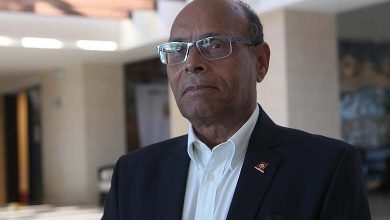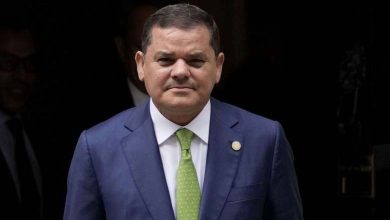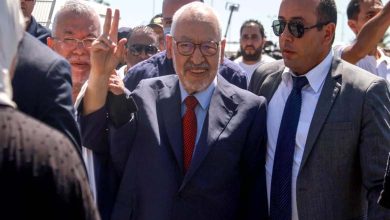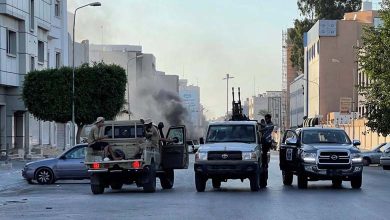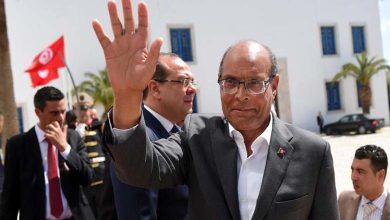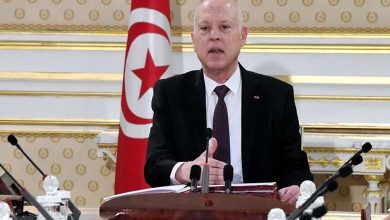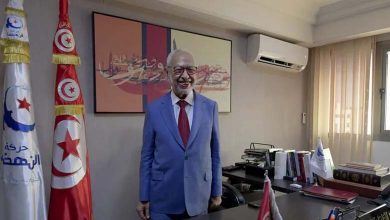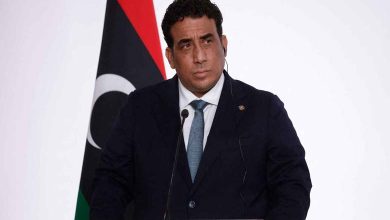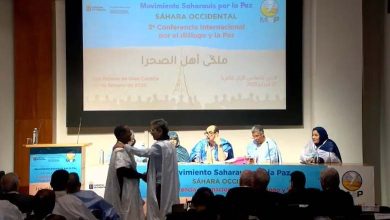Moroccan-Gulf relations… a multi-faceted strategic partnership
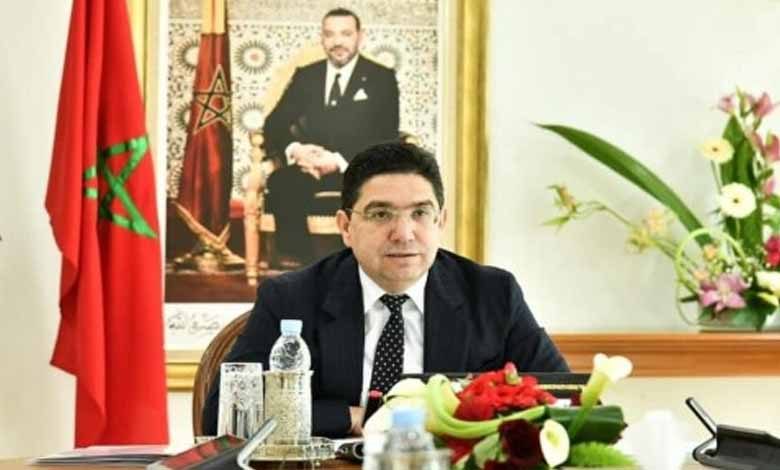
Moroccan Foreign Minister Nasser Bourita praised, on Tuesday, the ties between Morocco and the countries of the Gulf Cooperation Council, stressing the Kingdom of Morocco’s support for the security and stability of the sisterly Gulf countries and its rejection of any threat to it.
During a meeting with Nayef Falah Mubarak Al-Hajraf, Secretary-General of the Cooperation Council for the Arab States of the Gulf, according to a statement issued by the Moroccan Foreign Ministry, Bourita stressed the Kingdom of Morocco’s willingness to continue working to develop the path of this partnership in order to enhance the political, economic, commercial and human relations between the two sides.
The discussions that were held via remote communication technology included the path of the strategic partnership between the Kingdom of Morocco and the Cooperation Council for the Arab Gulf States since 2011, in addition to a number of Arab and regional issues, in which the two sides expressed their identical views on them, especially with regard to the efforts of King Mohammed VI, President The Jerusalem Committee in defending the special status of Jerusalem and protecting its Islamic character, as well as confirming the firm position of the GCC states in support of Morocco’s sovereignty over its Sahara and territorial integrity.
The contents of this meeting are, according to experts and observers, an embodiment of the perspective announced by King Mohammed VI, in the royal speech before the Moroccan-Gulf summit held in Riyadh during the year 2016, where he emphasized what he considered “strong ties, not only based on language, religion and civilization, but also based on them”. To adhere to the same values and principles, and to the same constructive orientations, ”considering that the Moroccan-Gulf strategic partnership“ is the product of a fruitful path of cooperation, ”praising“ continuous security and intelligence cooperation, ”for example, while the summit itself stressed the need to“ form a bloc Unified strategic “.
Morocco is linked to a strategic cooperation agreement with the countries of the Cooperation Council that was signed in Riyadh in 2012, and includes areas of political, economic, investment, commercial, tourism, security, cultural and scientific cooperation, which is the agreement included in the decision to extend to the year 2024, following a meeting held by the Moroccan Foreign Ministry remotely, with senior employees in ministries Foreign Ministry of the Gulf Cooperation Council, during the beginning of this month, according to media sources.
According to economic experts, Morocco opens a huge market portal for the Arab Gulf states, whose number exceeds one billion consumers in more than 60 countries, thanks to his geographical location, his strong presence in the African and European continents, as well as the total free exchange agreements it signed recently with a number of countries. Direct Gulf investments in Morocco are expected to rise, according to some estimates, from $ 5 billion to $ 120 billion over the next ten years.
The Gulf states pay special attention to Morocco, as in recent years he received a grant from the Kingdom of Saudi Arabia in the form of a non-refundable donation, according to three financing agreements with a total value of $ 230 million, as well as the grant that the UAE provided to Morocco in the amount of $ 1.25 billion within the framework of the Gulf grant that It amounts to $ 5 billion over five years.
Among the sectors that focus on the Moroccan-Gulf economic interest are modern technologies, pharmaceutical industry, automobiles, aviation, renewable energies, furniture, construction, public works, pharmacy, chemical industries, banking and financial services, investment advice, international trade, information technology, communications and electronic safety.
Regarding investment in the agricultural and food sector, the expert and investor in the agricultural sector, Tohamy Al-Shiahemi, said in a statement to Sky News Arabia that “Morocco has a strong and advanced institutional structure and provides very important facilities for the development of the agricultural sector,” pointing out that the country “has an active workforce.” Qualified, world-renowned expertise in agronomy as well as an enormous balance of high quality farmland”.
Al-Tohamy added, explaining that “the Arab Gulf states, in turn, have important experience in mechanizing and developing agriculture, and they have capital that has demonstrated great ambitions,” which confirms that “Moroccan-Gulf agricultural cooperation has an important asset and will be of great importance in the future”.
Experts say that the promising sectoral strategies that Morocco has been involved in activating in recent years, such as the industrial take-off plan, the Green Morocco Plan, the Digital Morocco, the Blue Plan, the Aleutis Plan, the renewable energies strategy and the development of tourism reception structures, will make the Moroccan-Gulf partnership successful and with a great strategic horizon.
For his part, the expert in international relations, Ahmed Noureddine, drew attention to “the common challenges imposed on Morocco and the Gulf states,” referring to the “challenge of regional security and the challenge of internal stability,” considering that they are “two prominent titles that summarize the problems of terrorism, sectarian wars and the conflict over energy sources and natural resources,” And a bet on comprehensive development and economic takeoff. “
In an interview with “Sky News Arabia”, Noureddine pointed out the importance of the “axis of security, military and judicial cooperation,” calling for “the passage to new forms of coordination that give rise to self-standing institutions”, referring to the institutional horizons for Moroccan-Gulf cooperation before confirming The Moroccan-Gulf partnership will turn into “a solid nucleus for a new Arab order in the twenty-first century, based on solid economic foundations that correct the mistakes of the nationalists who built dreams of unity on ideological foundations that have proven their failure, but rather contributed to perpetuating Arab differences and divisions throughout the twentieth century”.


